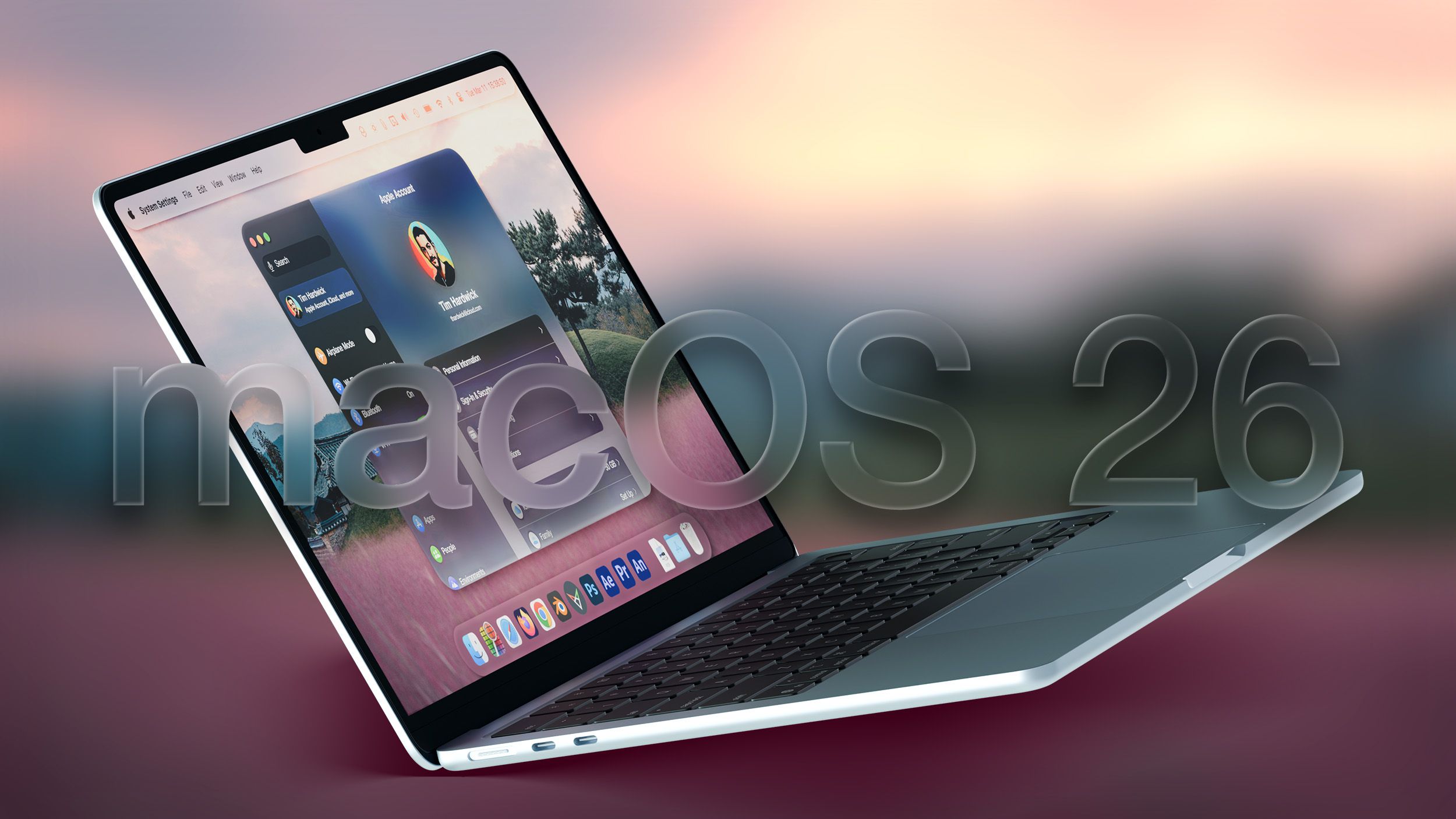Now the question is: "Will macOS 16 drop support for Intel?"
I wonder if Apple will make a formal announcement about ceasing all Intel support or will they just somewhat quietly keep culling Intel model support until none remain. Pretty much anyone with an older Intel model only found out about support or not at WWDC when a new macOS is announced.

macOS 26 Rumored to Drop Support for These Five Macs
The next major version of macOS, now dubbed "macOS 26," is rumored to drop support for several older Intel-based Mac models currently compatible with macOS Sequoia.


